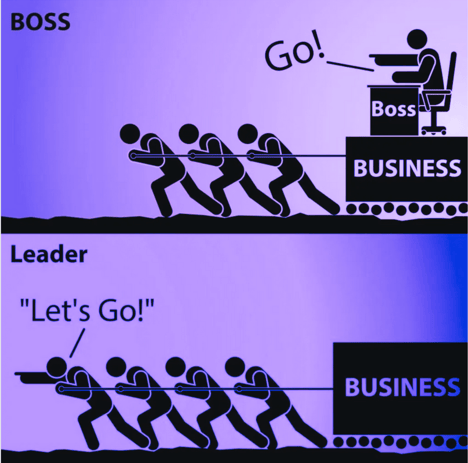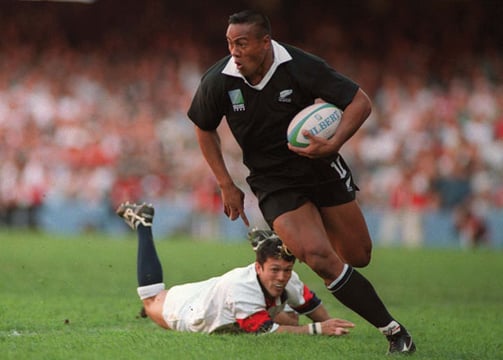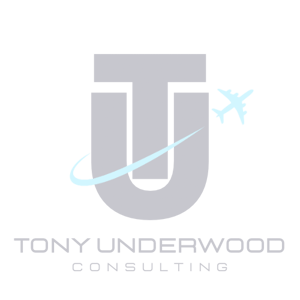High Performing Teams
Leaders Establish Trust to Build High-Performing Teams
Change brings both uncertainty and opportunity, but to truly capitalise on the potential it offers, one must understand how to assemble a team that embraces change.
To embrace change, you need a team that possesses robust, world-class fundamentals and operates in an adaptive environment. This requires engaged and committed team members who strive for excellence and possess the resilience to thrive under pressure - the kind of team essential for success in elite sports, aviation, and I propose in your world too.
Throughout my experiences, whether as a British Lions' rugby player or commanding an Airbus A380, I discovered that the key to achieving this is trust.
Trust is the foundation of a high-performing team, allowing them to have a collective purpose.
Trust enables the articulation of roles and responsibilities within the team.
With trust, accountability fosters a challenge mindset and keeps it healthy.
In essence, leadership acts as the engine, while trust serves as the fuel.
This is where the Trust-Centred Leadership programme comes in, drawing on proven strategies from aviation, sports, and various industries. It helps leaders establish trust within their organisations, leveraging it to create high-performing teams.
Unlike a mere theoretical discourse on leadership, this program brings alive stories from my time in the flight deck, as well as between the touch lines. Through visceral lessons, it enables leaders to connect with the practical steps they need to take.


Let leadership be your engine and trust be your fuel
Trust-based Relationships
Trust is the foundation of every aspect of an effective, dynamic, high-performing team because leaders who establish trust are better able to build strong relationships with their team members.
To become a trusted leader, it is essential to learn which behaviours build or destroy trust.
Effective leaders promote trust through reliable and authentic service to others rather than through grand gestures.
By understanding these behaviours, leaders can develop effective strategies to strengthen their relationships with team members and foster a culture of trust within their organisation and with trust the magic can happen!


“A team is not a group of people who work together. It is a group of people who trust each other.”
Simon Sinek
Performance through Purpose
Profits don’t lead, they follow. Instead of obsessing over profits or other metric outcomes, leaders should initially focus on identifying their team’s purpose and then prioritise how that manifests itself into their existence. And that’s when the magic happens.
The score will take care of itself, and usually in your favour, when you have the willingness to invest in building relationships and fostering a culture of trust, rather than solely focusing on short-term gains.
This requires intimacy, with yourself and with others, which in turn requires trust, lots of it, because it is at the behest of your team mates as to whether they grant you the power of influence over their actions. You cannot earn that privilege unless you speak to their values and needs: their purpose.
You will continue to operate as individuals until you design a culture defined by a collective purpose and vision for the whole group. Leadership is from the top down, but only when it addresses the needs from the bottom up.


Without collective purpose you will have:
Individual needs before that of the collective
Lack of alignment
Confusion about priorities
Disengaged workforce
Compliance rather than commitment
Siloes rather than synergy
Inconsistent and inauthentic messaging externally as well as internally
Directionless decision-making
Difficulty attracting and retaining talent
“Purpose affirms trust, trust affirms purpose, and together they forge individuals into a working team.”
General Stanley McChrystal
Healthy Challenge Mindset
Challenge always needs to come with a health warning. You need to be a pride of lions when you’re in the arena but the approachability of a litter of lion cubs when you’re not. And ask yourself the question, “When are you and your team in the arena? I mean really in it?”
Teams must continuously challenge themselves to learn and improve, and a key component of this is identifying areas of vulnerability and/or holding each other to account so that we can develop a plan to address things.
This requires having difficult conversations which are fuelled by mutual respect and that cannot occur without trust. You cannot be a lion without first being a cub.


Lack of trust hinders a challenge mindset in the following ways:
Ideas are not shared
Information remains hidden
There is a fear of failure
Motivation is low and people remain compliant rather than committed
Self challenge is muted. What's the point, what's in it for me?
Challenging others is non-existent or descends into confrontation.
Feedback is not a gift but feared
Defensive thinking promotes self rather than the collective
It remains impossible to identify areas for improvement
Creativity and innovation and therefore your ability to embrace change is limited
Risk taking is inhibited as people are reluctant to try new things
“Humble enough to prepare, confident enough to perform.”
Tom Coughlin
Resilience and
Performance under Pressure
In any high-pressure environment, stability and predictability are hard to come by, and unexpected challenges can arise at any moment. It’s essential to be able to adapt quickly and respond effectively to these situations to maintain high levels of performance.
A healthy challenge mindset encourages individuals to continually strive for improvement and to learn from their mistakes and puts in place the building blocks for a resilient response.
Trust and commitment help individuals feel more confident and supported when faced with challenges and sets in motion an elite response.
A trusted organisation is a more resilient one.


A lack of trust erodes resilience as:
No support network to fall back on
Difficulty asking for help
Confidence is reduced
People doubt their own abilities and the intentions of others
Reduced collaboration and teamwork
Lack of adaptability, creativity and innovation
Reduced efficiency and productivity
Reduced problem-solving abilities
Dearth of decision-making due to fear
Emotional and impulsive decision-making
Inaction due to procrastination, avoidance, lack of focus and reduced confidence
Increased stress and burnout


